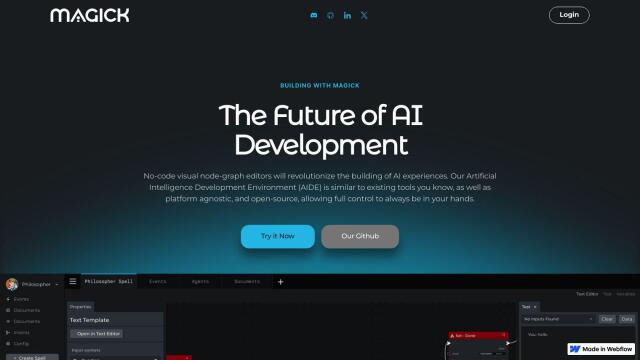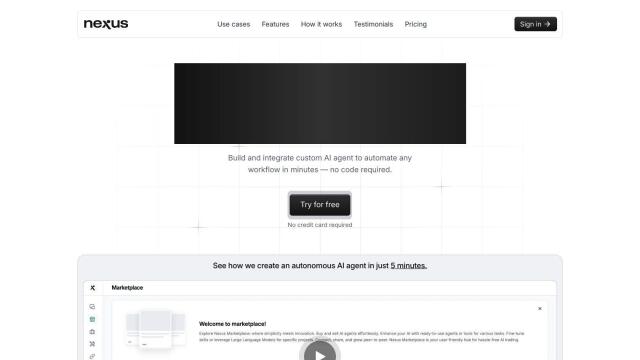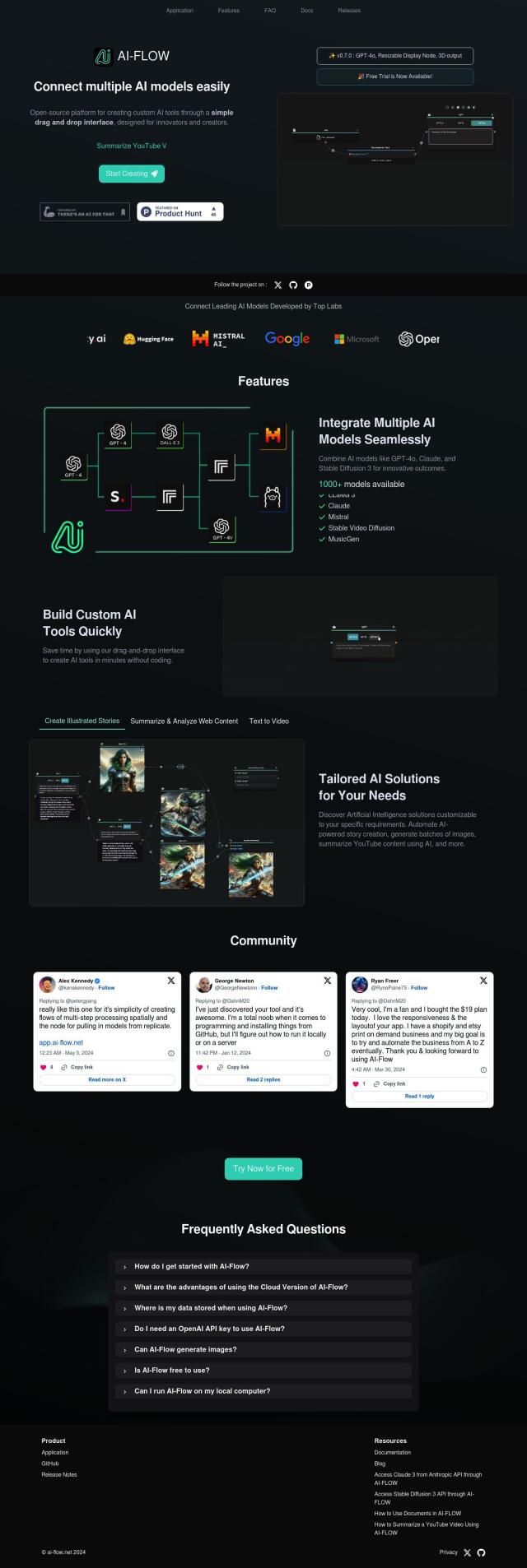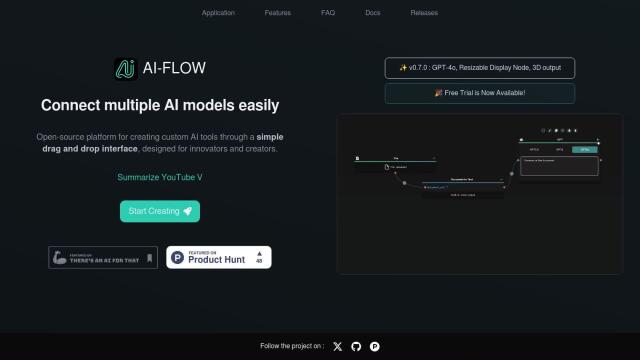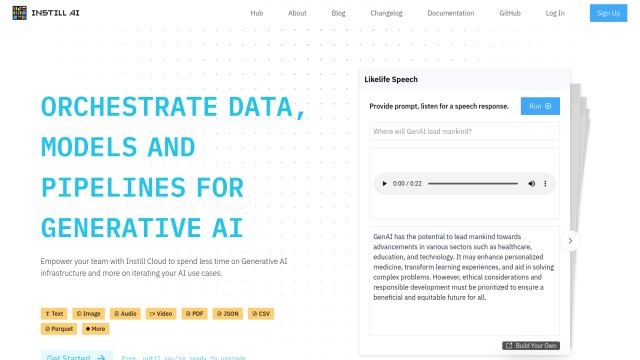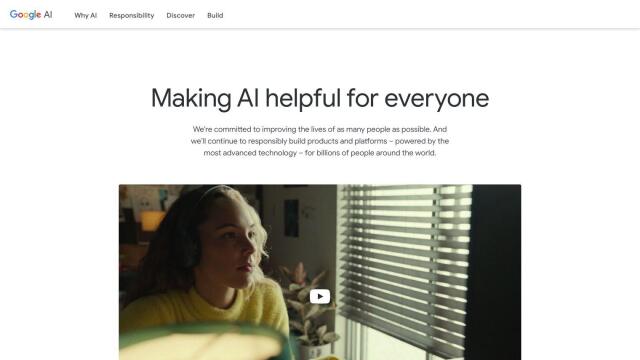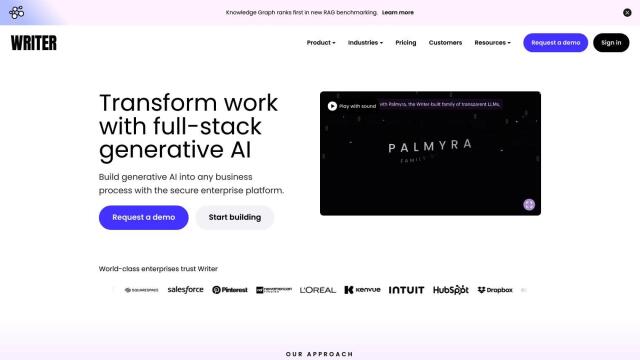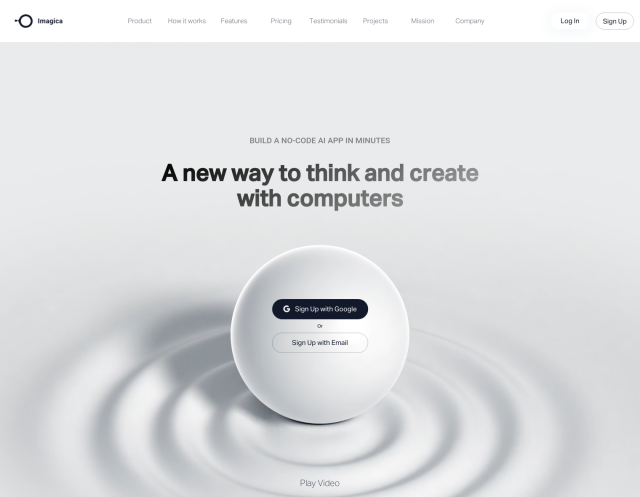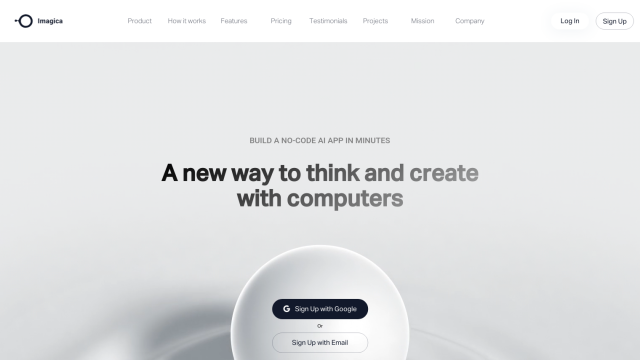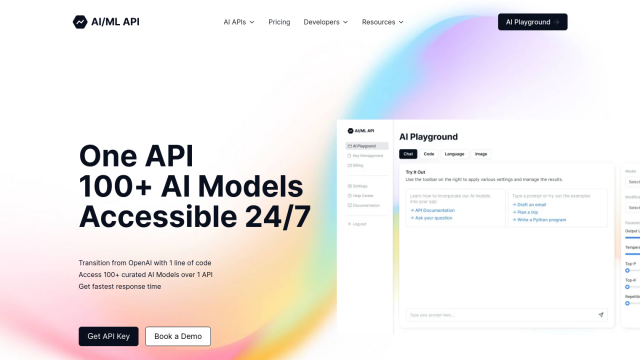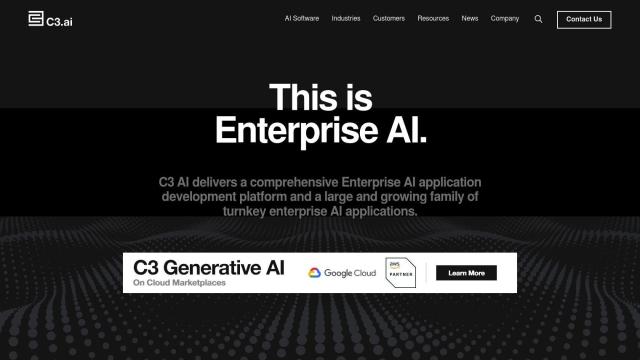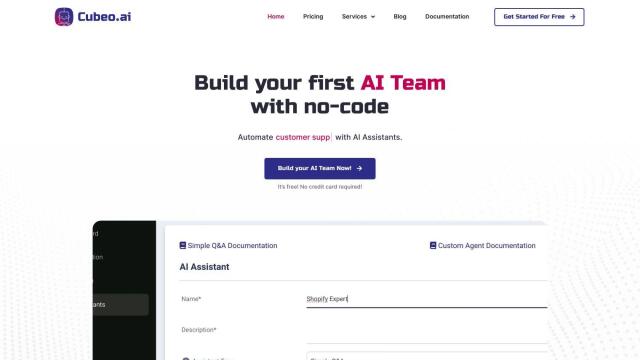Question: Is there an open-source platform that integrates AI capabilities to accelerate the development of full-stack applications?

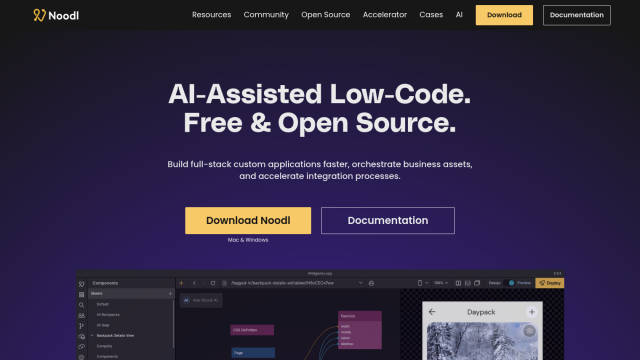
Noodl
If you're looking for an open-source foundation that brings AI abilities to speed up full-stack app development, Noodl is a great option. Noodl is a low-code foundation that uses AI to create building blocks, database queries and UI elements, which can dramatically cut programming time. It also offers visual development, customization and integration with third-party services and APIs. The foundation scales to handle backend and user management, so it's good for prototyping, MVPs and web apps that need to grow fast.

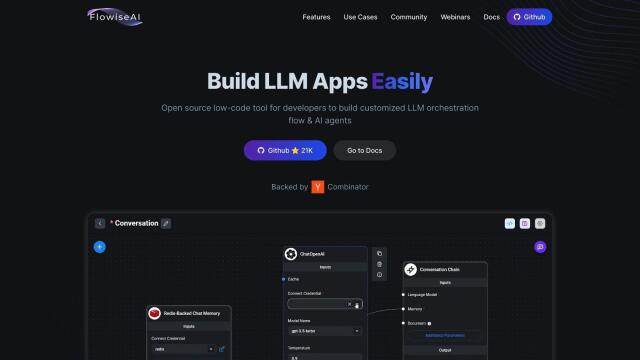
Flowise
Another option with a lot of power is Flowise, which lets developers create custom Large Language Model (LLM) orchestration flows and AI agents through a graphical interface. With more than 100 integrations, including Langchain and LlamaIndex, Flowise lets you build self-sufficient AI agents that can grow and combine with APIs, SDKs and embedded chat widgets. It also can be self-hosted on multiple cloud providers and is geared for building and iterating on AI solutions.

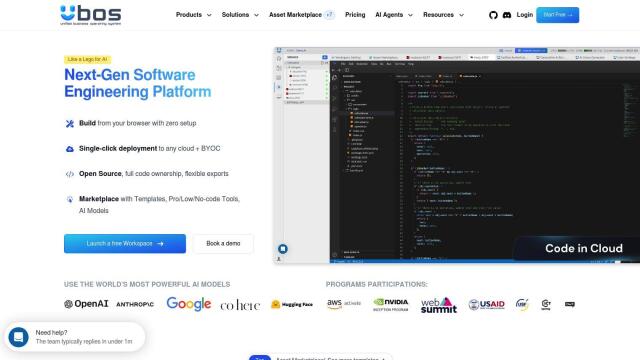
UBOS
If you want a broader foundation, check out UBOS. This foundation lets you build custom Generative AI and AI applications directly in your browser. With one-click deployment to any cloud and a host of open-source tools and templates, UBOS is good for technical and nontechnical people. It supports a wide range of AI models, including LLMs, and is good for building chatbots, AI dashboards and machine learning apps.

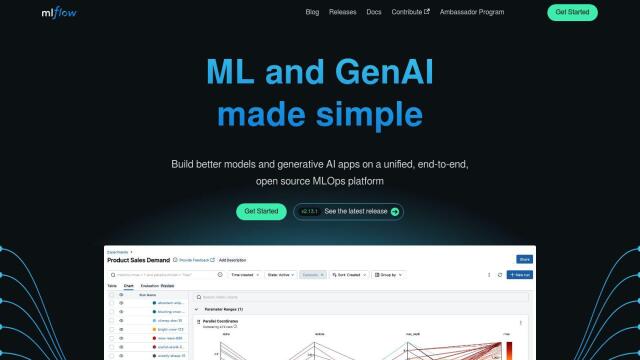
MLflow
If you want a foundation that covers the whole ML lifecycle, MLflow could be for you. It's an open-source, end-to-end MLOps foundation that simplifies the development and deployment of machine learning and generative AI applications. MLflow offers a unified environment for running experiments, managing models and integrating generative AI, and it supports popular deep learning and traditional machine learning libraries. It's free and widely used, so it's a good choice to improve collaboration and efficiency in ML workflows.









